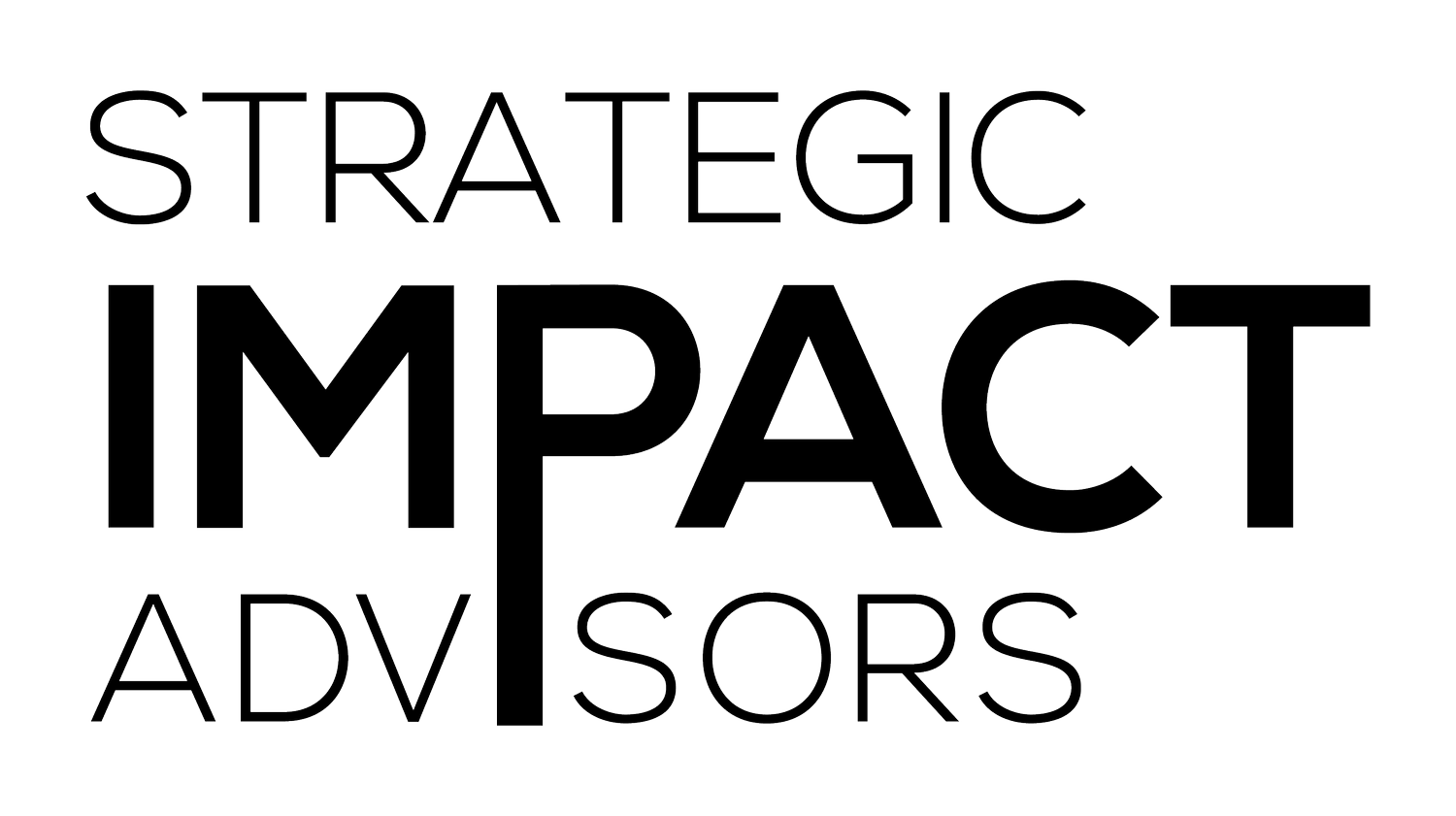“Hey Sister!” now available in French, Kinyarwanda and Swahili
Our “Hey Sister! Show Me the Mobile Money!” digital financial literacy campaign continues to grow as we now launch audio content in French, Kinyarwanda and Swahili! Just like all of our other content, these audio episodes are available for download, use and adaptation by anyone, anywhere.
The use of digital tools to perform basic financial activities continues to grow around the world amidst the COVID-19 pandemic. It is imperative that women have the knowledge and skills they need to safely and effectively use digital financial services and not fall behind. One roadblock to women’s financial inclusion and inclusive growth remains the pervasive lack of digital and financial literacy. The Center for Financial Inclusion’s report, “Building Financial Capability: A Path Towards Transformation,” suggests that programs addressing this issue of digital financial literacy resonate most with women when they “offer relevant, flexible content while building confidence and digital capability.” SIA’s “Hey Sister! Show Me the Mobile Money!” digital financial literacy campaign funded by USAID aims to offer exactly that.
Relevant and empowering content leads to long-lasting impact
We’ve seen the growing success of our campaign in Ghana, Malawi and Uganda, with more than 150,000 IVR listeners and facilitated group participants combined since November 2020. We’ve also been hearing more and more about the relevance of the learning content to women’s lives.
In Malawi, women participating in facilitated group learning with our partner Young Achievers for Development in Malawi have shared about the instances in which they’ve encountered scams and lost business earnings prior to having listened to the Hey Sister! episodes on avoiding scams and fraudulent transactions. These women noted that the Hey Sister! content was “eye opening” and “highly appreciated,” and they’re taking more precaution now that they’ve learned how to spot a scam. Women participating in group learning with our partners in Uganda also expressed their experiences with fraud before having listened to Hey Sister! and how they are now more selective when carrying out financial transactions.
Hey Sister! has also empowered women to find ways to improve their economic lives and support their communities. In Ghana, for example, a participant who took part in Christ Community Chapel’s facilitated group training is now mobilizing efforts to set up the very first mobile money vendor station in her town. Another participant decided to open a mobile money account for her business. “Kumasi was the place I went to buy my goods,” she says. “An unfortunate incident happened where we were robbed and that kicked me out of business. This wouldn’t have happened if I had the important information and knowledge I now have. If my business funds were in a mobile money account, the situation would have been different.”
The success of the Hey Sister! campaign thus far would not have been possible without the efforts of our implementing partners in Ghana, Malawi and Uganda. These organizations, varying from private sector organizations like microfinance institutions to non-profit/civil society organizations, are engaging women in listening groups through which they listen to the content we’ve designed and developed and participate in facilitated discussion. Our partners have developed strategies for engaging participants in addition to utilizing the facilitator guides and audio episodes we’ve designed to empower and guide trainers.
Newly added open source resources for facilitators
We’ve now added country-specific facilitator guides for Kenya, Rwanda and Tanzania to go along with our newly released audio content, as well as specific audio episodes for facilitators in French, Kinyarwanda and Swahili. We hope that the continuing success of Hey Sister! and that of our partners will compel other organizations to use our open source resources in their women’s economic empowerment and financial inclusion activities, adopting them and using them as their own.
Find more campaign information and all episodes, scripts, and facilitator resources here.

